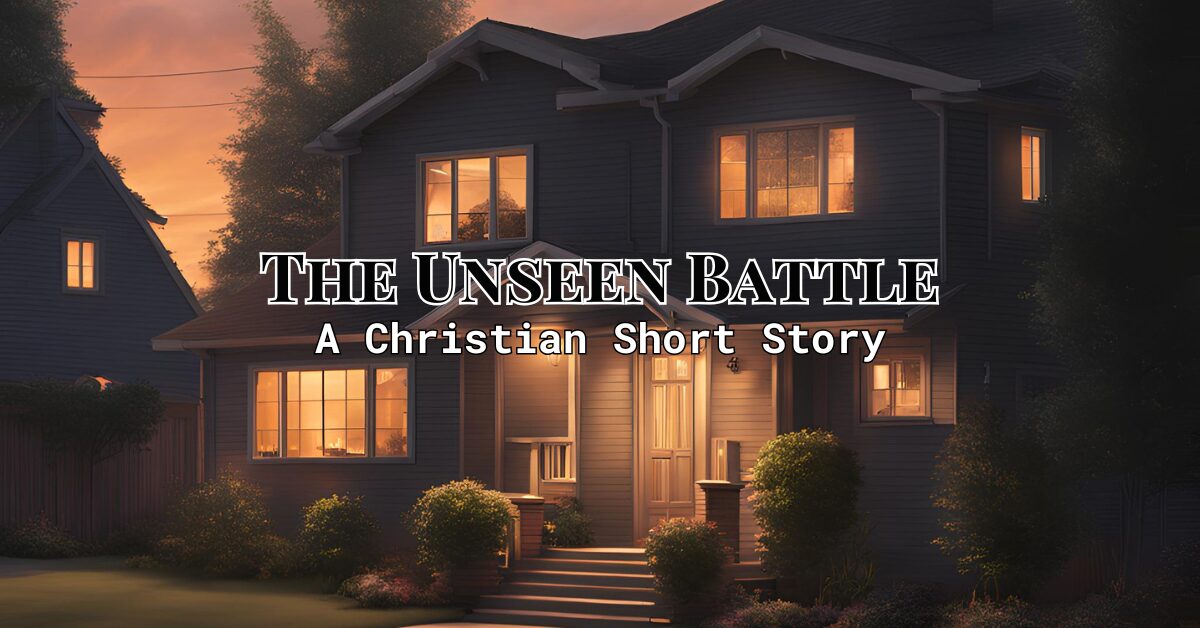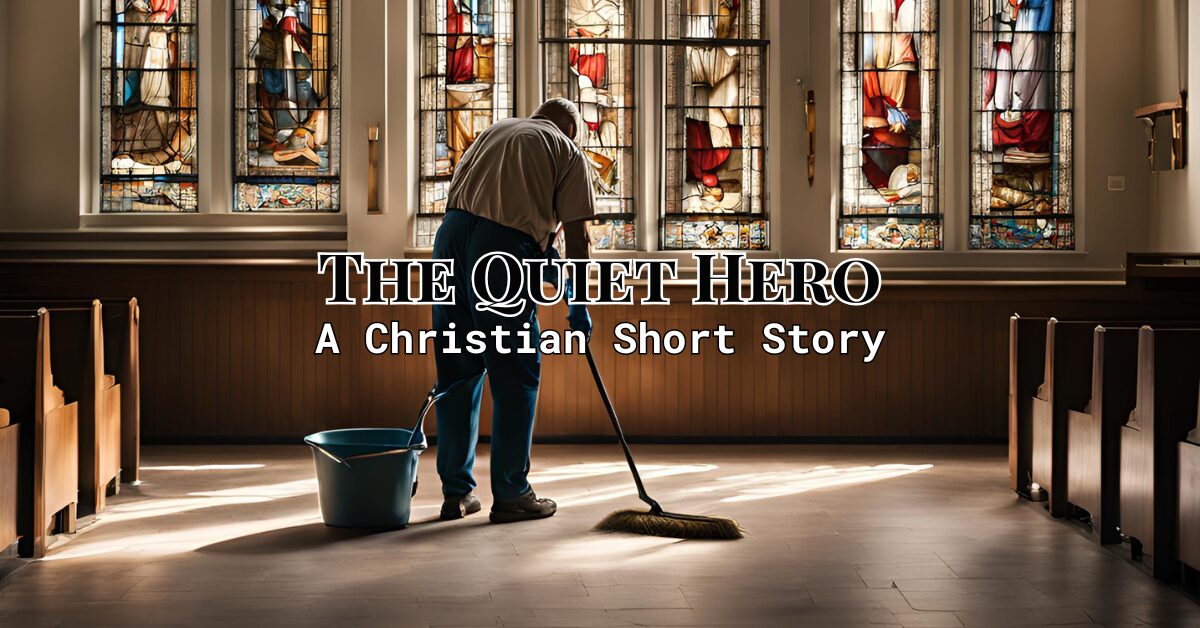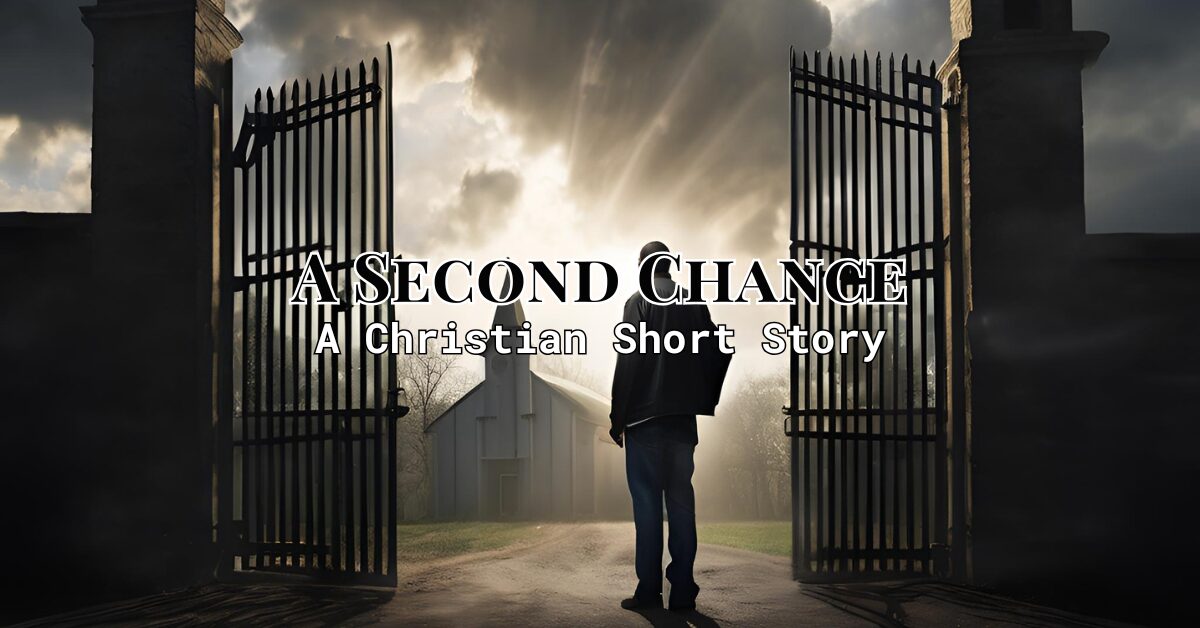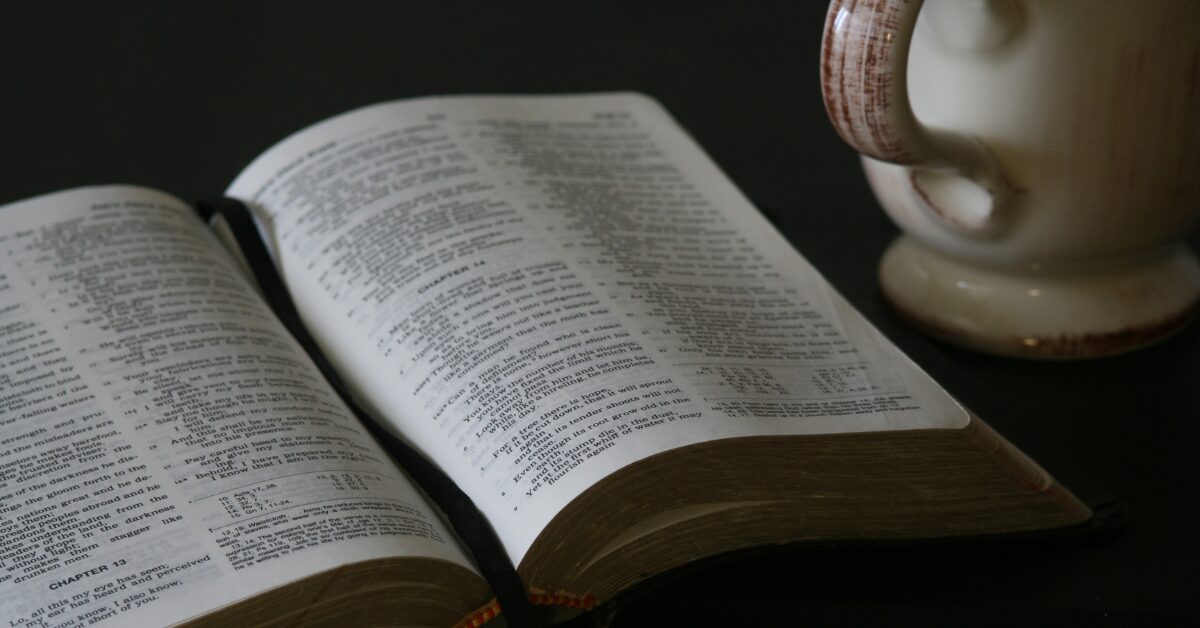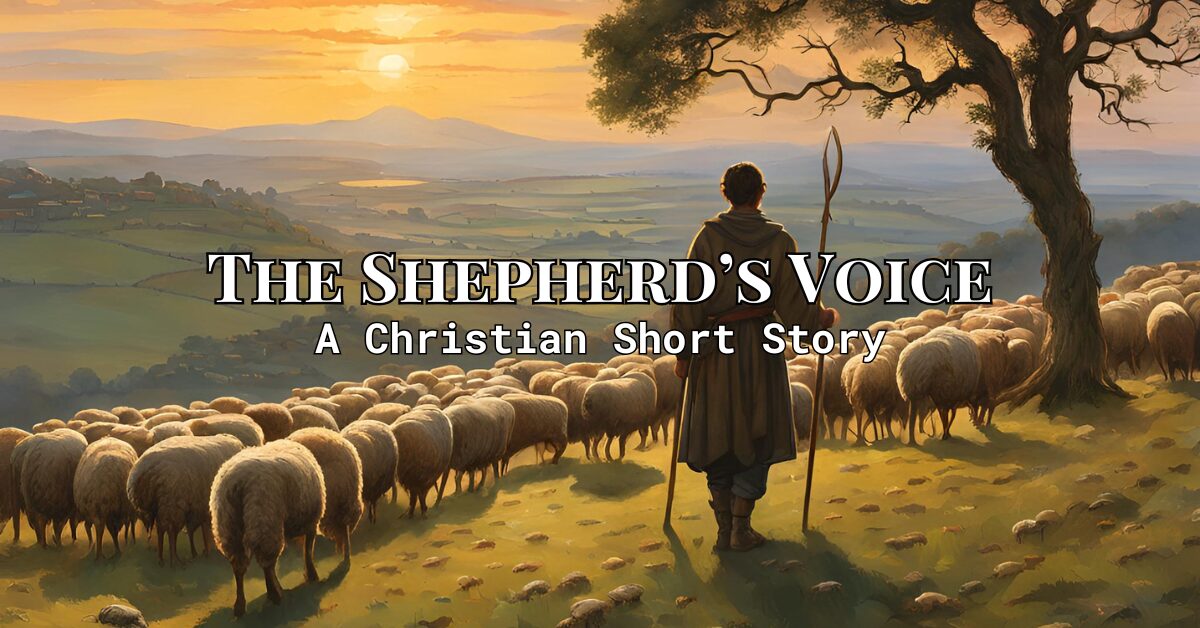In the diverse collection of Jesus’ teachings, The Friend at Midnight Parable stands out for its compelling message on persistence, prayer, and the nature of God’s responsiveness to our needs. Located in Luke 11:5-8, this parable unfolds through a simple yet profound scenario: a person urgently knocking on a friend’s door at midnight, seeking help to provide for an unexpected guest. Through this vivid narrative, Jesus illustrates not just the importance of perseverance in seeking help but also offers deeper insights into how we should approach prayer and our relationship with God.
The Friend at Midnight Parable transcends its immediate context to address universal themes of human need, support, and divine provision. It challenges us to reflect on our own persistence in prayer and our expectations of God’s response. Simultaneously, it reassures us of God’s willingness to meet us at our point of need, emphasizing that no request is too insignificant or untimely when brought before Him with a sincere heart.
As we delve into The Friend at Midnight Parable, we aim to unpack its layers, exploring how its teachings can be applied in our contemporary lives. This exploration is not merely an academic exercise but a journey toward understanding the depth of our relationship with God and how persistent faith can shape our experiences and responses to life’s challenges.
Join us as we navigate through The Friend at Midnight Parable, seeking to grasp its implications for our prayer lives and our understanding of God’s character. Through this parable, we are invited to embrace a posture of boldness and confidence in our spiritual walk, trusting in the goodness and faithfulness of God to provide for our needs, regardless of the hour.
Also Read: Parable of Jesus: The Good Samaritan
Parable of Jesus Christ: The Friend at Midnight
The Friend at Midnight Parable, Luke chapter 11, verses 5-8 (WEB):
“5 He said to them, ‘Which of you, if you go to a friend at midnight and tell him, ‘Friend, lend me three loaves of bread, 6 for a friend of mine has come to me from a journey, and I have nothing to set before him,’ 7 and he from within will answer and say, ‘Don’t bother me. The door is now shut, and my children are with me in bed. I can’t get up and give you anything’? 8 I tell you, even though he will not get up and give him anything because he is his friend, yet because of his persistence, he will get up and give him as many as he needs.'”
This parable, often referred to as the Parable of the Friend at Midnight, teaches about the importance of persistence in prayer and the assurance that God hears and responds to those who earnestly seek Him.
Also Read: The 45 Parables of Jesus
Interpretation of The Friend at Midnight Parable

The Friend at Midnight Parable, as narrated in Luke 11:5-8, serves as a rich source of spiritual insight, illustrating the virtues of persistence in prayer and the nature of God’s willingness to respond to our needs. This narrative, while simple, encompasses profound teachings on the dynamics of asking, seeking, and knocking in our relationship with the divine. Let’s explore the deeper meanings embedded within The Friend at Midnight Parable.
The Virtue of Persistence
Persistence in Prayer: The core lesson of The Friend at Midnight Parable is the efficacy of persistence. The person who knocks at their friend’s door does so with an urgency and a persistence that cannot be ignored. This persistence is highlighted as a virtue when approaching God with our requests, teaching us that continuous, fervent prayer is both heard and valued by God.
Boldness in Approaching God: The parable encourages believers to approach God with boldness and confidence, much like the friend who approaches at midnight. This boldness is not presumptuous but rooted in trust in God’s character and His open-heartedness to our needs and petitions.
The Nature of God’s Response
God’s Willingness to Give: Unlike the reluctant friend who eventually gives in due to persistence, God is portrayed as being always willing and ready to respond to our needs. The parable uses the contrast between the friend’s initial reluctance and God’s ever-present readiness to underline that God does not need to be coerced or persistently badgered into caring for us.
Better than Expected Answers: The Friend at Midnight Parable subtly suggests that God’s answers to our prayers may exceed our expectations. Just as the friend eventually provides more than what was initially asked, God, in His generosity, often provides solutions that go beyond our immediate requests, tailored to our ultimate good.
Reflections on Community and Support
Interdependence Within Community: While the primary focus is on prayer, The Friend at Midnight Parable also reflects on the nature of community support. The person seeking bread does so to provide for another, highlighting the interconnectedness of our needs and the communal aspect of support and provision.
Hospitality and Generosity: The underlying reason for the midnight request—hospitality to an unexpected guest—serves as a reminder of the importance of being open-hearted and generous, qualities that are central to the Christian life and reflective of God’s own hospitality towards us.
The Friend at Midnight Parable transcends its immediate context to offer timeless lessons on the importance of persistence, the assurance of God’s readiness to respond, and the virtues of boldness and trust in prayer. It invites us to reevaluate our approach to prayer, encouraging us to be steadfast and confident in our petitions, trusting in the goodness and generosity of God. Through this parable, Jesus not only teaches us about the nature of divine response but also models the kind of persistent faith that characterizes a vibrant and dynamic relationship with God.
Also read: Parable of Jesus: The Unmerciful Servant
Practical application of the Friend at Midnight Parable in Our Daily Lives
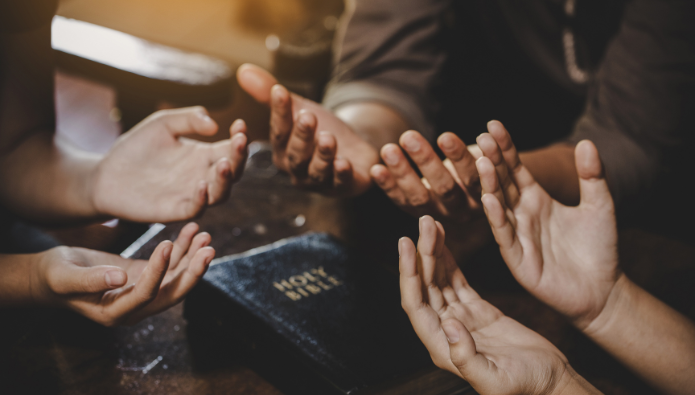
How can you apply the Friend at Midnight Parable in practically in your daily life? Let’s find out.
The Friend at Midnight Parable, rich with spiritual depth, offers practical lessons that extend far beyond the context of prayer, influencing how we approach our challenges, relationships, and community interactions. Let’s explore how the principles embedded within The Friend at Midnight Parable can be applied to our everyday lives.
Cultivating Persistence
Perseverance in Challenges: Inspired by The Friend at Midnight Parable, we learn the value of persistence in the face of life’s challenges. Whether it’s pursuing personal goals, overcoming obstacles, or seeking justice, the parable encourages us to not give up easily but to continue pushing forward, even when progress seems slow or uncertain.
Consistency in Prayer: The parable directly speaks to the importance of being persistent in our prayer life. It invites us to consistently bring our requests to God, not as a form of nagging, but as an expression of our trust in His timing and provision. Regular, devoted prayer becomes a practice not just of asking, but of deepening our relationship with God.
Embracing Boldness
Courage to Act: The Friend at Midnight Parable encourages us to be bold in our actions, especially when it comes to doing what’s right or helping others. This might mean standing up for a colleague, reaching out to someone in need, or taking a stand on important issues, even when it feels uncomfortable or inconvenient.
Confidence in God’s Goodness: The parable reassures us of God’s willingness to listen and respond to our needs. This assurance should embolden us to approach God with confidence in prayer, trusting that He hears us and is moved by our petitions.
Fostering Community and Generosity
Building Supportive Relationships: The Friend at Midnight Parable also highlights the importance of supportive relationships and community. We can strive to be the kind of friend who responds with generosity, even when it’s inconvenient, understanding the value of being there for one another in times of need.
Practicing Hospitality and Openness: Reflecting the hospitality shown in the parable, we are called to practice openness and generosity in our own lives. This could manifest in simple acts of kindness, offering our time and resources, or welcoming those who are in difficult situations with an open heart and helping hand.
Reflecting on Our Attitudes
Self-Reflection on Motivations: The parable prompts us to reflect on our motivations when asking for help or offering assistance. Are we acting out of genuine need and concern, or are we motivated by selfish desires? Self-reflection helps ensure our actions align with the values of compassion and sincerity.
Gratitude for Assistance Received: Recognizing the effort others make on our behalf, as exemplified by the friend who eventually provides the bread, we learn to be grateful for the help we receive. Expressing gratitude strengthens our relationships and fosters a culture of mutual support and appreciation.
The Friend at Midnight Parable is not just a lesson on persistence in prayer but a guide for living with perseverance, boldness, and generosity. By applying the parable’s teachings to our daily lives, we cultivate a resilient spirit, deepen our faith, and enhance our community interactions. Let this parable inspire us to embody the virtues of the persistent friend, not only in our prayers but in every aspect of our lives, creating ripples of positive change in the world around us.
Conclusion

In conclusion, The Friend at Midnight Parable offers us profound insights into the nature of persistence, prayer, and divine responsiveness. By dissecting the layers of this simple yet impactful narrative, we uncover valuable lessons that resonate deeply with our daily lives and spiritual journey. This parable is not merely a guide for persistent prayer but a broader call to embrace perseverance, boldness, and compassion in all facets of life.
As we reflect on The Friend at Midnight Parable, let us be inspired to approach our challenges with steadfastness, trusting in the power of persistence to bring about change and breakthroughs. Let it remind us to approach God with confidence and openness, knowing that He is always ready to listen and respond to our needs. Moreover, let this parable motivate us to cultivate deeper connections within our community, offering our support and generosity just as willingly as we would hope to receive it in our times of need.
The Friend at Midnight Parable ultimately teaches us that the doors we knock on—whether they be of heaven in prayer or of hearts in need—will open, not always immediately and not always in the ways we expect, but in the manner that best serves our growth and fulfills our true needs. Let us carry forward the spirit of this parable in our lives, becoming beacons of persistence, faith, and kindness in a world that greatly needs them. Through our actions and prayers, may we embody the lessons of The Friend at Midnight Parable, living out its truths with courage and love every day.
Read the Next: Parable of Jesus: The Wedding Feast


